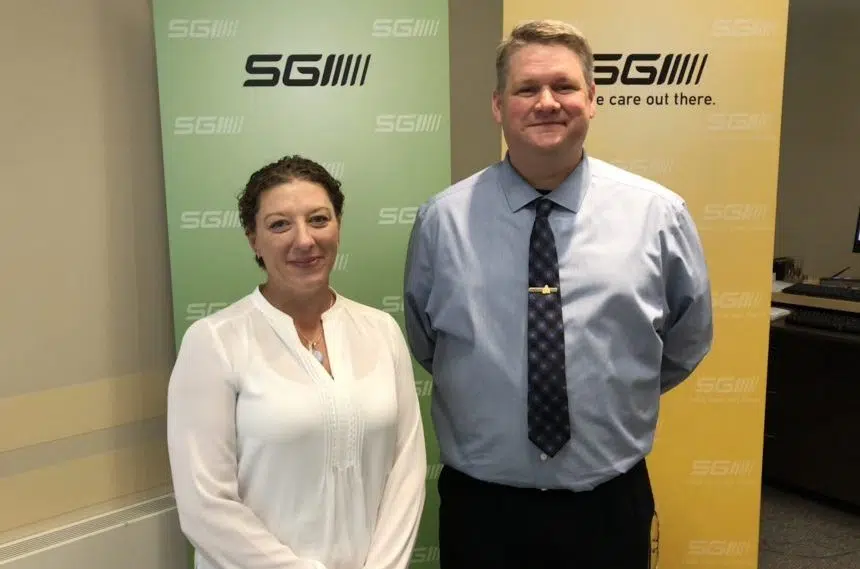Police are reminding drivers they know how to catch you, if you decide to drive while high after marijuana is legalized in October.
Officers continue to receive specialized training to become a Drug Recognition Evaluator (DRE). They use a rigorous, scientific 12-step process including everything from muscle tone to pupil light tests and blood tests. This happens at the police station after the field sobriety test if the officer on the road believes there is drug impairment.
Officers will also get a new roadside saliva testing device called the Draegar DrugTest 5000. While it can detect the presence of cannabis, cocaine and methamphetamine, it’s limited in that it does not show the impairment of the driver. Ferguson said this new tool still has to be purchased and officers will need to be trained before it’s used.
“We’re really improving on their skill sets to know what to look for because they’d always, traditionally, look for alcohol impaired drivers,” said program coordinator and RCMP Corporal Brian Ferguson.
The DRE program includes a two week theory course in Regina plus 12 evaluations on drug impaired driving at an International Association of Chiefs of Police certified site, usually in Florida or Arizona.
There are currently 74 trained DREs in Saskatchewan, 11 of them in Regina. There will be two classes in 2019 to train an additional 40 DREs for Saskatchewan.
“We want as many as we can get,” said Ferguson.
Right now, these specially trained officers are stationed generally in the more populated areas of Saskatchewan but also scattered so they are no more than 60 km away if called upon.
“We don’t want to unduly delay somebody,” said Ferguson. “If we have that suspicion or the reasonable grounds, we’ve arrested them and brought them back, we don’t want to tie them up for 12 hours waiting for somebody to show up to do these tests.”
SGI has provided approximately $500,000 over the past three years to support DRE training. Spokesperson Tyler McMurchy expects after the legalization of recreational marijuana, the federal government will step in to provide funding..
“We want people to know and have confidence that if there are people out there impaired by drugs, police have the tools and training to catch them,” said McMurchy.







